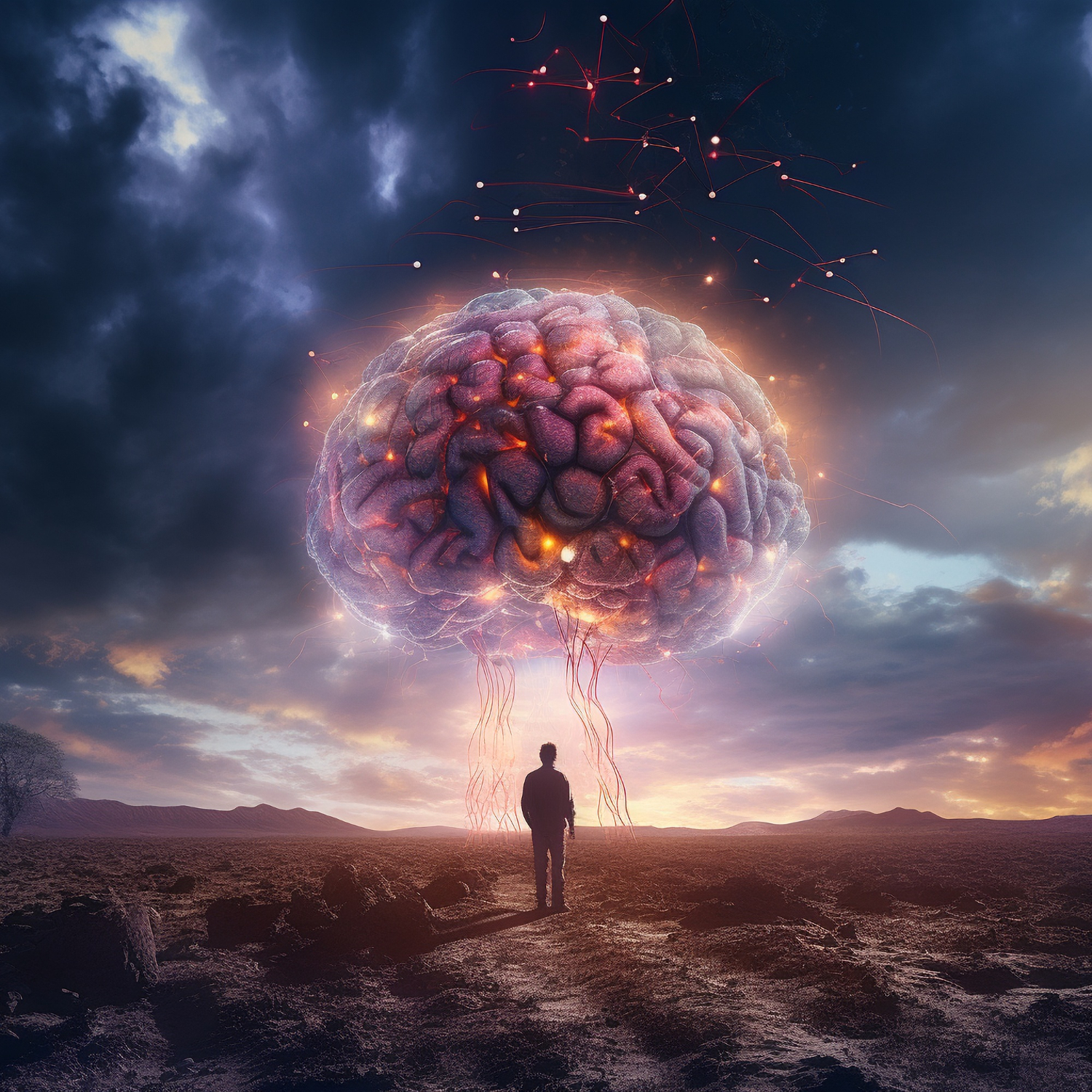
In the age of smartphones and instant connectivity, we’re constantly bombarded with information. From breaking news updates to social media feeds, we have access to more data than ever before. Yet, amidst this sea of information, are we truly gaining wisdom? Are we learning the values of generosity, positivity, hope, and trust that are essential for a flourishing society?
It’s a poignant question to consider. Despite our unprecedented access to information, the world often feels like a darker and more negative place. Complaints and frustrations seem to echo louder than ever. Could this be attributed to the overwhelming flood of information that we’re trying to process every moment of the day?
The truth is, processed information can indeed be equated with knowledge. But knowledge alone does not guarantee wisdom. Wisdom encompasses a deeper understanding—a synthesis of knowledge with experience, empathy, and critical thinking. It’s the ability to discern what truly matters amidst the noise and to apply insights gained from our collective experiences.
In our rush to consume information, we risk overlooking the cultivation of wisdom. We’re quick to process data, but slower to reflect, to internalize, and to truly understand. It’s akin to trying to build a house with a foundation of facts but without the framework of wisdom to guide us.
Furthermore, the emphasis on speed and volume in information consumption may contribute to a sense of overload. Like trying to drink from a firehose, it becomes increasingly difficult to process information effectively when it’s coming at us in torrents. This overload can lead to feelings of anxiety, frustration, and ultimately, a sense of helplessness.
But perhaps the root of the problem lies deeper. It’s not just about how much information we consume or how quickly we process it; it’s also about what we prioritize in our pursuit of knowledge. In a world that often glorifies material success and instant gratification, the values of generosity, positivity, hope, and trust can easily be overshadowed.
Wisdom cannot be manufactured or downloaded like an app. It’s cultivated over time through reflection, introspection, and meaningful engagement with the world around us. It requires us to go beyond the surface level of information and delve into the underlying truths that shape our understanding of the world.
Without wisdom, knowledge becomes a hollow shell—a collection of facts and figures devoid of meaning or purpose. And in a world where negativity seems to thrive, wisdom becomes more vital than ever. It’s the beacon that guides us through the darkness, reminding us of our shared humanity and our capacity for kindness, compassion, and resilience.
So, how do we navigate the Information Age with purpose and wisdom? It starts with a shift in mindset—from passive consumers of information to active seekers of wisdom. It means taking the time to reflect on the deeper implications of what we learn, to seek out diverse perspectives, and to engage in meaningful dialogue with others.
It also means prioritizing the values that truly matter—generosity over greed, positivity over cynicism, hope over despair, and trust over skepticism. These are the building blocks of a more compassionate and resilient society—a society guided not just by knowledge, but by wisdom.
In the end, the Information Age offers us unparalleled opportunities for learning and growth. But it’s up to us to seize these opportunities and to cultivate the wisdom that will guide us towards a brighter future. For without wisdom, we risk losing ourselves in the vast sea of information, adrift and directionless. But with wisdom as our compass, we can chart a course towards a world filled with hope, positivity, and trust.

